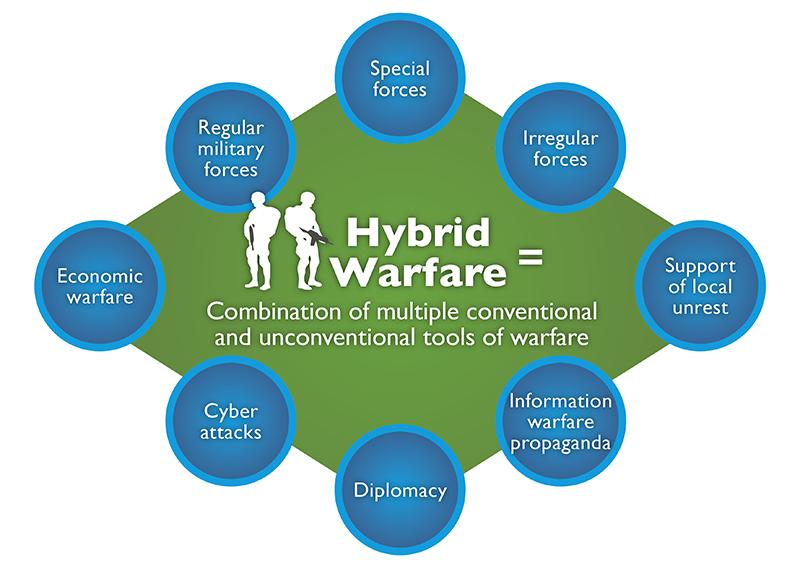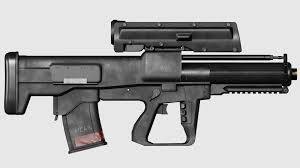For every physical mechanism you can imagine, some sort of countermeasure can be created. We see this already in armoured warfare, tanks are encased in heavy layers of composite armour, often have reactive armour over top and more recently have active defence systems to attempt to spoof or shoot down enemy weapons inbound. To overmatch these systems anti tank weapons are now some of the most powerful systems on the battlefield, APDS-FS rounds travel at velocities of 1200m/sec or more, and HEAT warheads are so powerful that the secondary effects of the explosion are considered useful ways to eliminate enemy infantry or even light armour and improvised fortifications (HEAT-MP rounds).
Whatever gets through the protection surrounding the tank will destroy the tank itself and have an almost 100% chance of killing the crew as well. Spacecraft will have similar issues at much greater scales: kinetic energy impactors can be moving at tens to hundreds of kilometres/sec, and in space, laser weapons could be powered by immense systems (imagine a Free Electron Laser with an accelerator a kilometre in diameter, powering an X ray laser capable of vapourizing metal, ceramic or carbon fibre in milliseconds at a range of one light second. If I have to defeat layers of armour and protection, I'll eventually be carving up your spacecraft like a turkey, regardless of the advantages of taking it whole.
Cyber warfare and ECM are possibilities, but any halfway competent force will already have taken this into account, and will have strong countermeasures in place. So we have to look at a different avenue of approach.
Why are we fighting a war? Von Clausewitz tells us "War is the continuation of politics by other means". Military writing, philosophy and even fiction as far back as the Iliad tell us the ultimate goal of warfare is to impose your will on the adversary. But do we need to use kinetic means to do so?
Consider the idea of "4GW"
"Fourth-generation warfare (4GW) uses all available networks -- political, economic, social, and military -- to convince the enemy’s political decision makers that their strategic goals are either unachievable or too costly for the perceived benefit. It is an evolved form of insurgency. Still rooted in the fundamental precept that superior political will, when properly employed, can defeat greater economic and military power, 4GW makes use of society’s networks to carry on its fight. Unlike previous generations of warfare, it does not attempt to win by defeating the enemy’s military forces. Instead, via the networks, it directly attacks the minds of enemy decision makers to destroy the enemy’s political will. Fourth-generation wars are lengthy -- measured in decades rather than months or years".
"The Sling and the Stone" Col. Thomas Xavier Hammes USMC (Ret)
Modern day Russia and China have spent a considerable amount of time looking for ways to disrupt or defeat adversaries without the use of large scale armed conflict. The Russians have developed what is known as Hybrid War, while the Chinese have a somewhat related concept called "Unrestricted Warfare"
Consider Hybrid Warfare

The Russian commander can pick one, several or all of these actions as he sees fit. Unlike Western concepts of warfare, there is no need to "stage" or synchronize effects, there is no expectation the economic actions are followed by anything in particular, the commander may choose whatever effect he wants.
Chinese unrestricted warfare goes even farther, essentially weaponizing everything possible. Stock market trades and currency manipulation can be equally valid as assassination or engaging in "lawfare". Current events where Chinese nationals attempt to influence people in education through "Confucius institutes", or the 2015 Chinese "hack" of the OPM Database which identified every American with a security clearance or Australia's passing of laws to restrict the influence fo Chinese companies on Australian politics suggest a very insidious, long term process indeed. You might not even realize your nation is under attack, and one of the principles of "unrestricted warfare" is to ensure any individual action falls well below the threshold of triggering adversary actions, especially military action. It is death by a thousand paper cuts.
So if I want to take your spaceship without damaging it, I should be preparing the ground well in advance. The crew should be confused or demoralized about the mission, and unable or unwilling to take effective steps to prosecute their mission. Going even farther, the ship might never set out, as the dockside is paralyzed by lawsuits preventing it from being outfitted, or political scandals overthrow the "hawk" faction of the ruling political party.
Victory is mine, and the amount of shooting I had to do was minimal (there will be a few hold outs here and there).
So I got the spacecraft and neutralized the crew - by attacking their will to fight.



wearing armor."Armor" is a pretty broad term. What does this armor protect against? If we don't know that, how can anyone answer? Are we talking about a bronze breastplate, or a radiation-hardened suit of sci-fi power armor made with unobtainium and magic fields? You say it's made of "metal" - that doesn't really narrow it down. What kind of metal? How thick? $\endgroup$